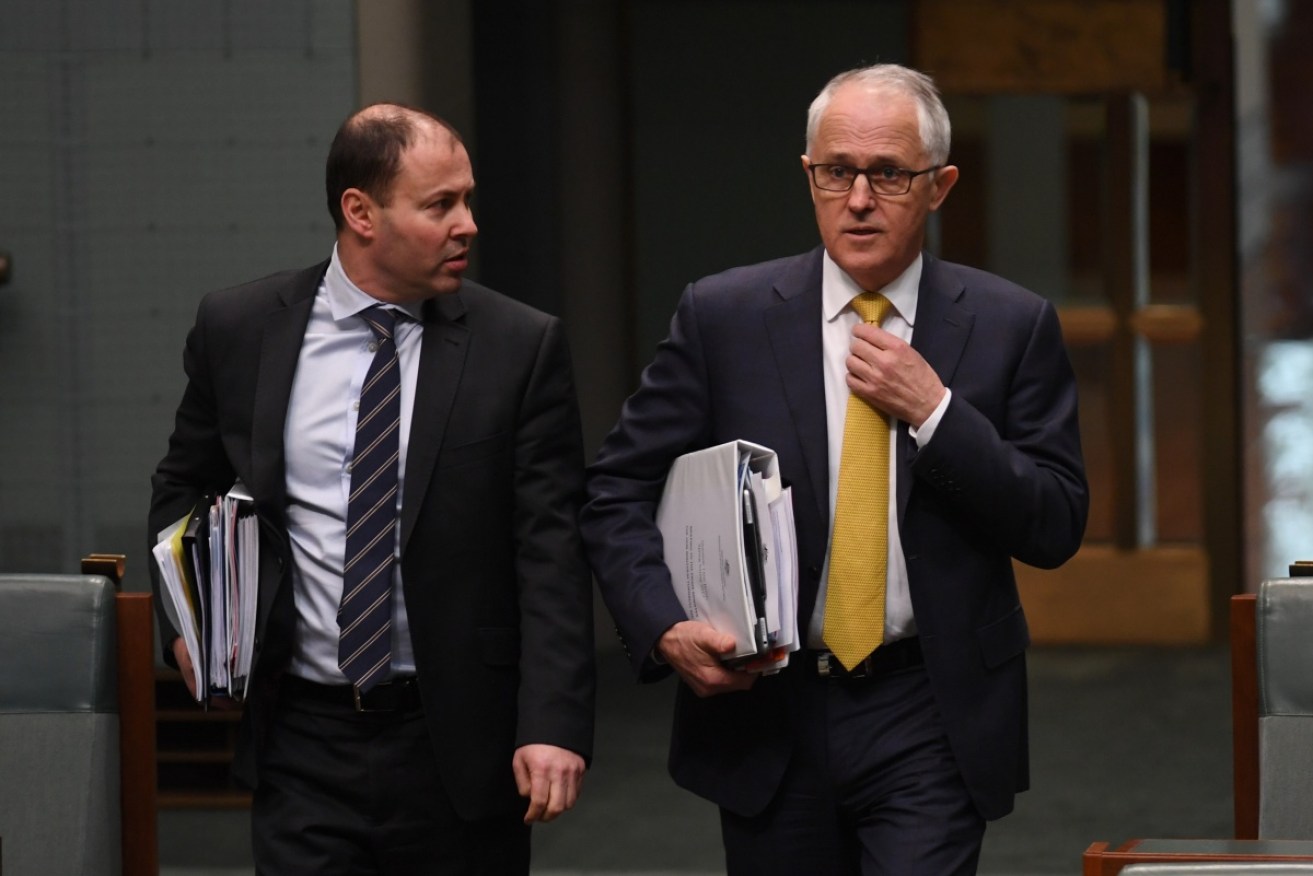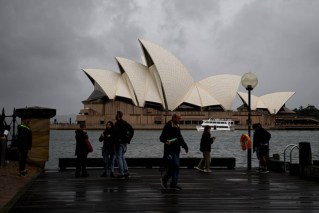Malcolm Turnbull gets AGL to think again on Liddell coal power station


Malcolm Turnbull met with AGL boss Andy Vesey about extending the life of the Liddell power station. Photo: AAP
AGL boss Andy Vesey has thrown the Turnbull government another curveball only hours after agreeing to consider the Prime Minister’s key demands for the future of a controversial coal-fired power station.
Following a 90-minute meeting on Monday, the company committed to asking its board whether to keep the Hunter Valley-based plant open beyond its 2022 closing date or consider selling it to another party.
Yet despite that commitment, Mr Vesey later restated the company’s aversion to keeping the plant operating beyond 2022 or selling it off as per the government’s request.
“I think that we are committed to finding the best solution for the market, we believe we can deliver that without having to consider the extension or sell the plant and that’s what we’re going to work on,” Mr Vesey told the ABC.
The company will now provide a plan to the government within 90 days on the steps it “will take to avoid a market shortfall once the Liddell coal-fired power station retires in 2022”.
In an earlier statement, Mr Vesey said he had agreed to take the new options to the company board at the request of the government.
“Following today’s meeting with the Prime Minister, we have committed to deliver a plan in 90 days of the actions AGL will take to avoid a market shortfall once the Liddell coal-fired power station retires in 2022,” he said.
Energy Minister Josh Frydenberg had earlier confirmed AGL’s commitment to take the government’s requests to its board, stressing the need for the power station to remain in operation.
“The only option that is currently on the table to ensure that there is no shortfall in 2022 is the continuation of Liddell as a power plant or a sale to another party,” he said.
But he conceded AGL’s intention to consider meeting the shortfall using other energy sources beside coal.
Mr Frydenberg said the company had ensured that the energy produced under that plan “would be firm dispatchable capacity and have no adverse impact on consumers both in terms of price and the reliability of the system”.
The government did not discuss the possibility of financial assistance with AGL, he said.

AGL chief executive Andy Vesey has said the company is getting out of coal. Photo: AAP
The government has seized on the Liddell Power Station as crucial to avoiding power blackouts in the future while ramping up its attacks on Labor, which it claims does not support coal-fired power.
It comes as a new report from the Australian Energy Market Operator (AEMO) warns Australia would need an extra 1000 megawatts of baseload power in order to avoid the prospect of blackouts.
The Liddell power station has a capacity of 2000 megawatts and provides baseload power regardless of weather conditions.
Mr Turnbull sparked a public spat with Mr Vesey last week after he claimed AGL was considering keeping the power station open.
Mr Vesey then reiterated the plant’s 2022 closure date, tweeting: “Keeping old coal power plants open won’t deliver the reliable, affordable energy our customers need”.
Labor won’t rule out supporting the extension of Liddell’s operating life but has stressed a preference for gas as a source of reliable baseload power.
Mr Frydenberg said on Monday that the advice that Liddell needed to remain open was “unequivocal”.
“There will be a shortfall in supply if Liddell closes. That is why the Prime Minister is taking responsibility to ensure the market doesn’t have that shortfall,” he said.
Greens energy spokesman Adam Bandt said: “All the government has done [is force] AGL to bring forward its planning for new renewables.
“AGL’s board will discuss what they were going to discuss anyway.
“Given AGL indicated to the minister that their preference is for additional new supply and that the company is getting out of coal, we are expecting to see a plan in 90 days for more renewables and storage.”
Commissioned in 1971, Liddell became the country’s oldest coal-fired power station following the closure of Victoria’s Hazelwood plant in March.








